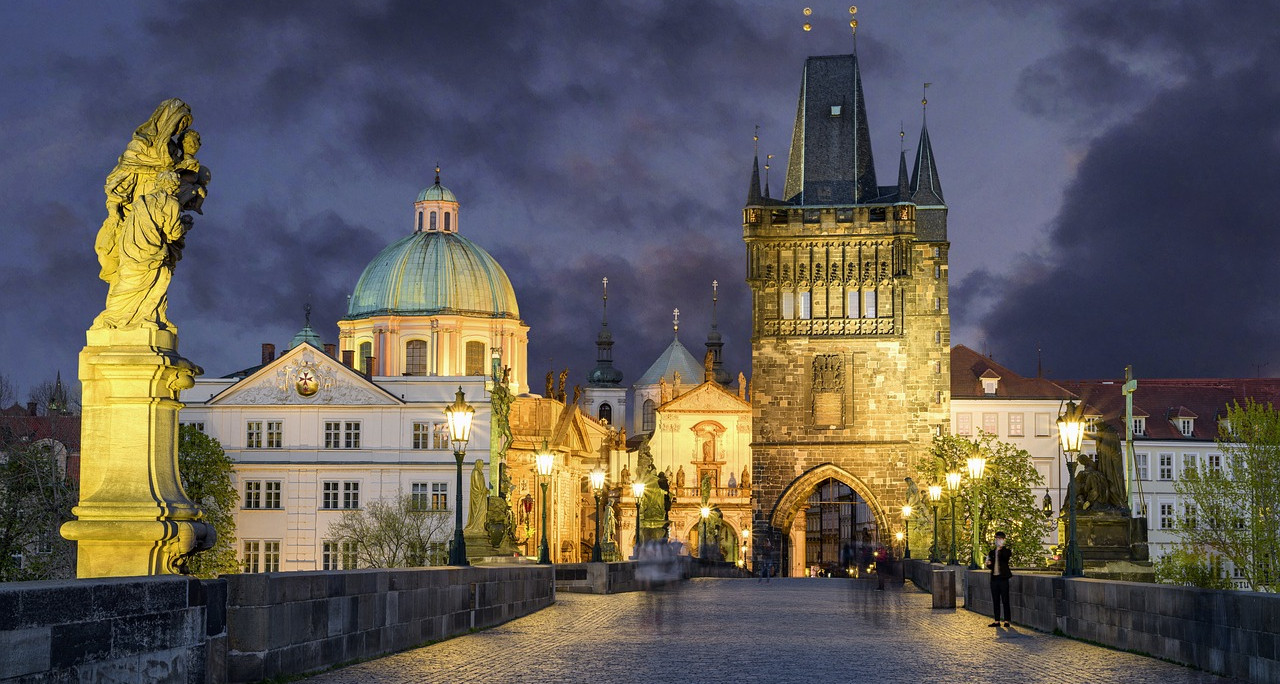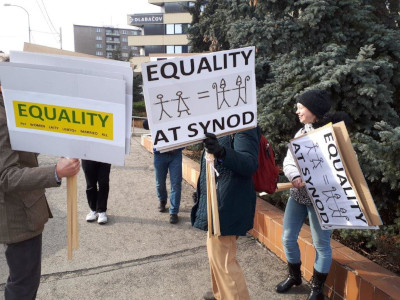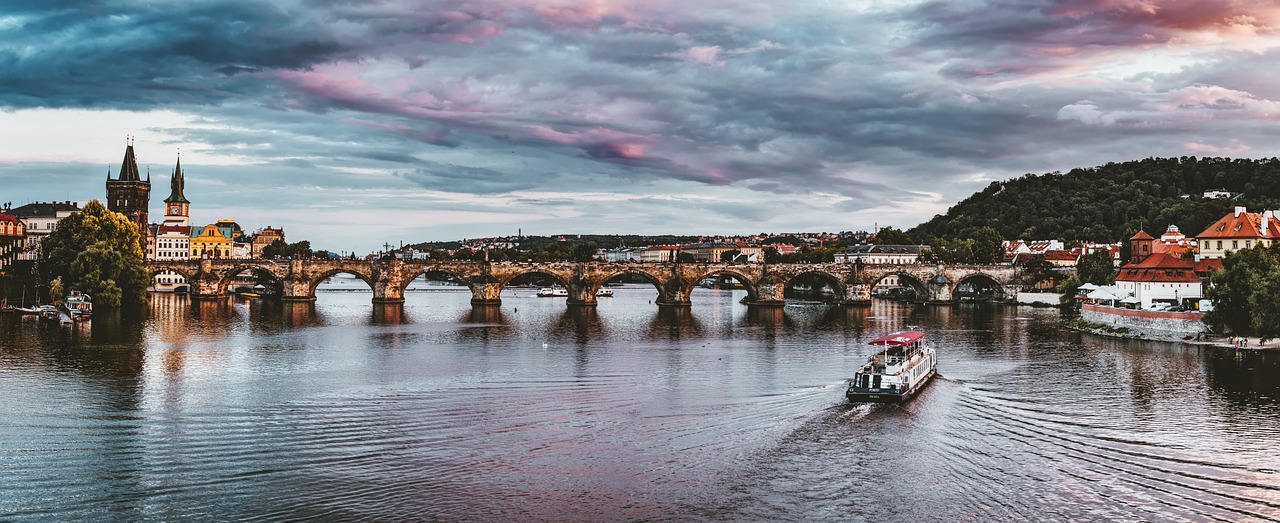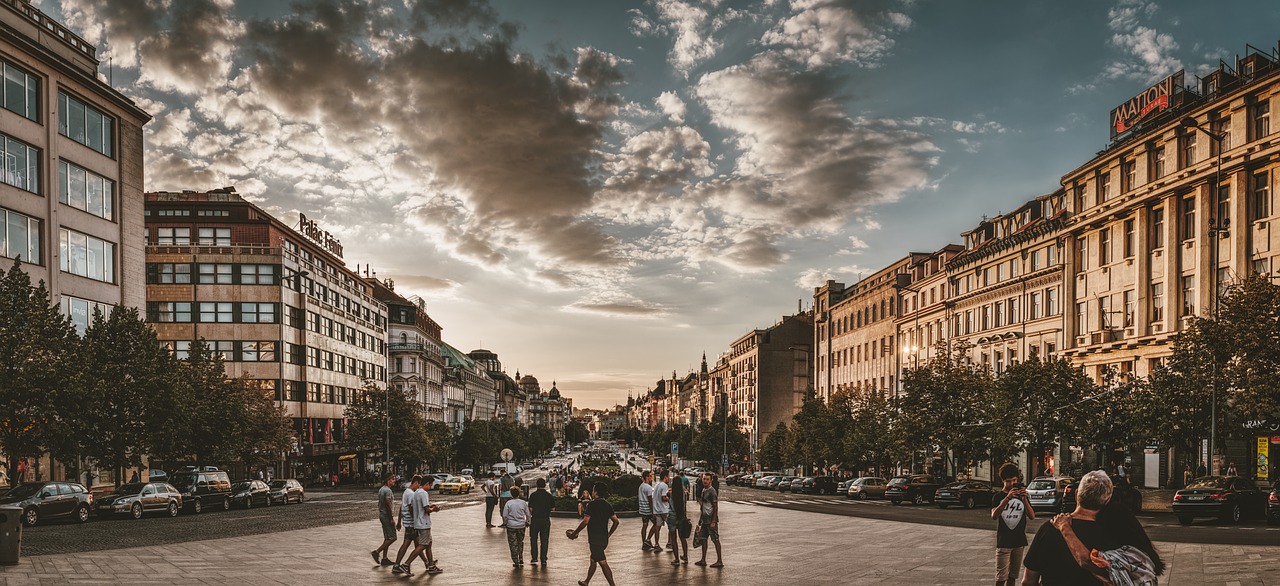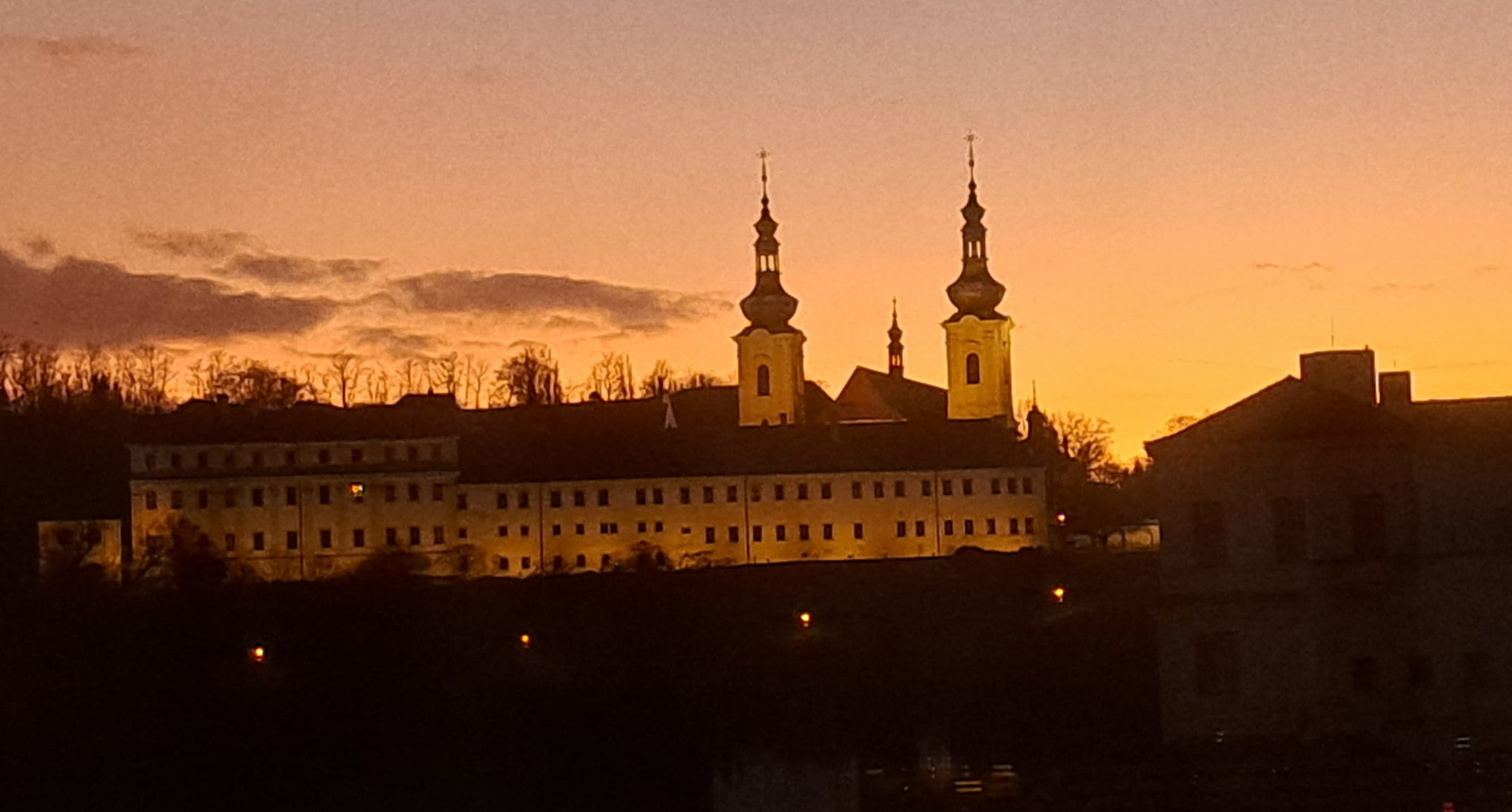We are Church at the end of the European Synodal Assembly in Prague
Press release Prague, February 9, 2023
The Catholic reform movement We Are Church sees the European synodal assembly that ended today in Prague as an important but still incomplete learning process within the global synodal process. In view of the tensions within the Church between preservers and reformers, which can be clearly felt here in Prague, the draft of the Prague final paper that was read out at the end - with all due respect for the editorial work - could not yet contain any concrete prioritisations. At least the burning issues have now been documented for the first time at European level. But very concrete reform steps must follow very soon.
As important as the exchange practiced during the four days in Prague using the “method of spiritual conversation” was: In view of the multiple church crises that the reports from all countries revealed, concrete steps towards a visible renewal are finally and very promptly needed. The opening of the church to women and to LGBT+ people were two of the most burning issues raised here in Prague. A synodal church requires the equal participation of the people of God at all levels.
It also became clear that sexualized and spiritual violence has led to a significant loss of trust in the church, not only in Western but also in Eastern countries, which urgently needs to be addressed.
Spiritual and structural renewal must not be played off against each other, as Prof. Tomáš Halík from Prague made impressively clear in his opening impulse. Against the background of the war in Ukraine and the recent earthquake on the outskirts of Europe, the churches are particularly challenged to set a positive example of solidarity.
If the worldwide synodal process is really to contribute to a fundamental renewal of the church, then not only the bishops but all the baptized are to be involved in the decision-making processes in the further stages of the worldwide synodal process. In Prague, on the other hand, the bishops are now meeting for three more days in the usual way behind closed doors.
We are Church has accompanied the European Synodal Assembly, which has been taking place since February 5, 2023 with 200 delegates in Prague and 390 online delegates, within the worldwide synodal process with vigils and discussions with the delegates: www.wir-sind-kirche.de/prag2023
Press contacts Germany:
Christian Weisner, We are Church Federal
Team Tel: +49 172 5184082, email:
„Synodalität darf nicht ohne Ergebnisse bleiben!“
Wir sind Kirche am Ende der europäischen Synodalversammlung in Prag
Pressemitteilung Prag, 9. Februar 2023
Die katholische Reformbewegung Wir sind Kirche sieht die heute in Prag zu Ende gegangene europäische Synodalversammlung als wichtigen, aber noch unvollkommenen Lernprozess innerhalb des weltweiten Synodalprozesses. Angesichts der hier in Prag sehr deutlich spürbaren innerkirchlichen Spannungen zwischen Bewahrern und Reformern konnte der am Ende verlesene Entwurf des Prager Abschlusspapiers - bei allem Respekt für die redaktionelle Arbeit - noch keine konkreten Priorisierungen enthalten. Zumindest sind die brennenden Fragen jetzt erstmals auf europäischer Ebene dokumentiert. Aber sehr bald müssen jetzt sehr konkrete Reformschritte folgen.
So wichtig der während der vier Tage in Prag praktizierte Austausch nach der „Methode der spirituellen Konversation“ war: Angesichts der multiplen Kirchenkrise, die die Berichte aller Länder offenbarten, braucht es endlich und sehr zeitnah konkrete Schritte einer sichtbaren Erneuerung. Die Öffnung der Kirche für Frauen und für LGBT+Menschen waren zwei der brennendsten hier in Prag angesprochenen Themen. Eine synodale Kirche erfordert gleichberechtigte Beteiligung des Gottesvolkes auf allen Ebenen.
Deutlich wurde auch, dass sexualisierte und spirituelle Gewalt keineswegs nur in westlichen, sondern auch in östlichen Ländern zu einem signifikanten Vertrauensverlust der Kirche geführt hat, der dringend anzugehen ist.
Spirituelle und strukturelle Erneuerung dürfen dabei nicht gegeneinander ausgespielt werden, wie der Prager Prof. Tomáš Halík in seinem Eröffnungsimpuls eindrücklich klarmachte. Vor dem Hintergrund des Krieges in der Ukraine wie auch des Erdbebens dieser Tage am Rande Europas sind die Kirchen besonders gefordert, ein positives Beispiel für solidarisches Zusammenwirken zu geben.
Wenn der weltweite synodale Prozess wirklich zu einer grundlegenden Erneuerung der Kirche beitragen soll, so sind bei den weiteren Etappen des weltweiten synodalen Prozesses nicht nur die Bischöfe, sondern alle Getauften in die Entscheidungsprozesse verantwortlich einzubinden. In Prag dagegen tagen die Bischöfe jetzt noch drei weitere Tage in gewohnter Weise alleine hinter verschlossenen Türen.
Wir sind Kirche hat die seit dem 5. Februar 2023 mit 200 Delegierten in Prag und 390 Online-Delegierten stattfindende europäische Synodalversamlmung innerhalb des weltweiten Synodalprozesses mit Mahnwachen und Gesprächen mit den Delegierten begleitet: www.wir-sind-kirche.de/prag2023
Pressekontakte Deutschland:
Christian Weisner, Wir sind Kirche Bundesteam
Tel: +49 172 5184082, E-Mail:

